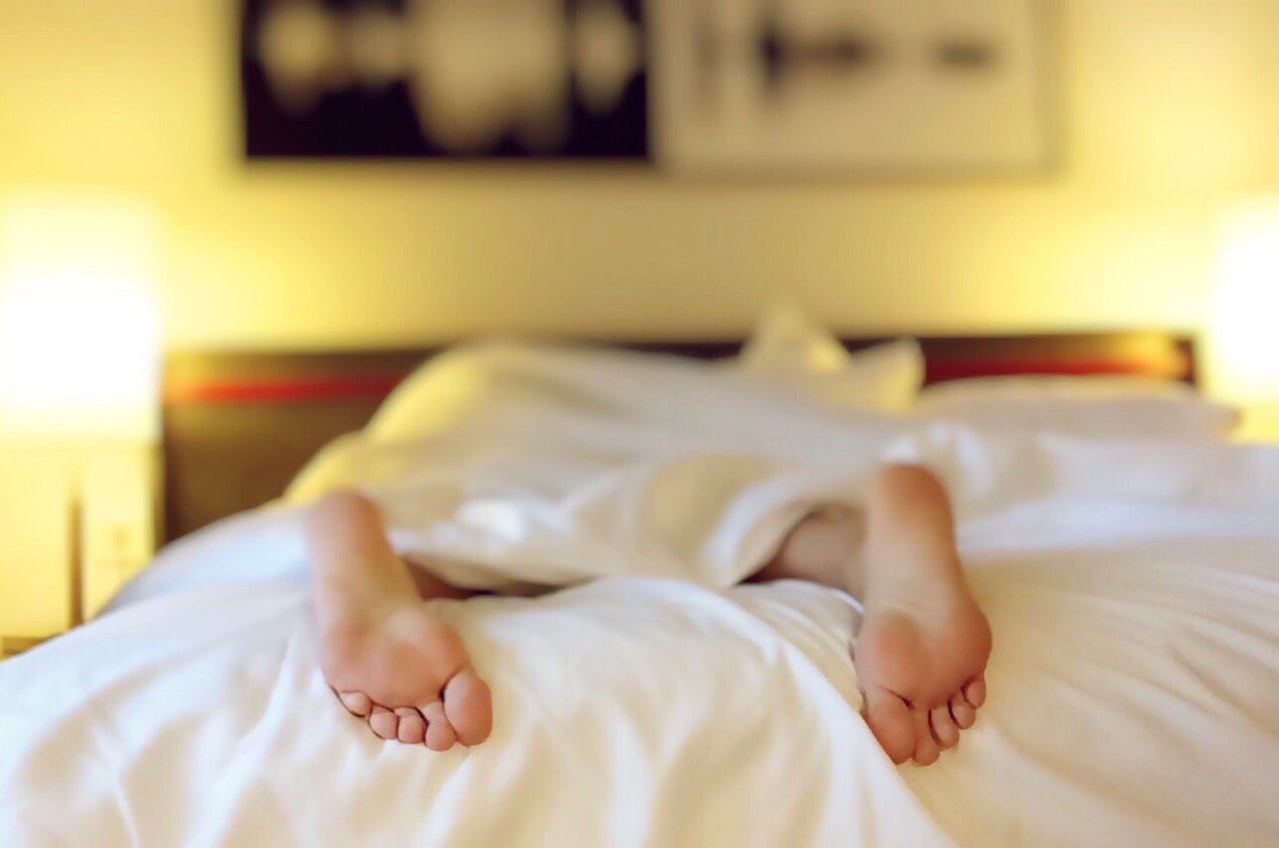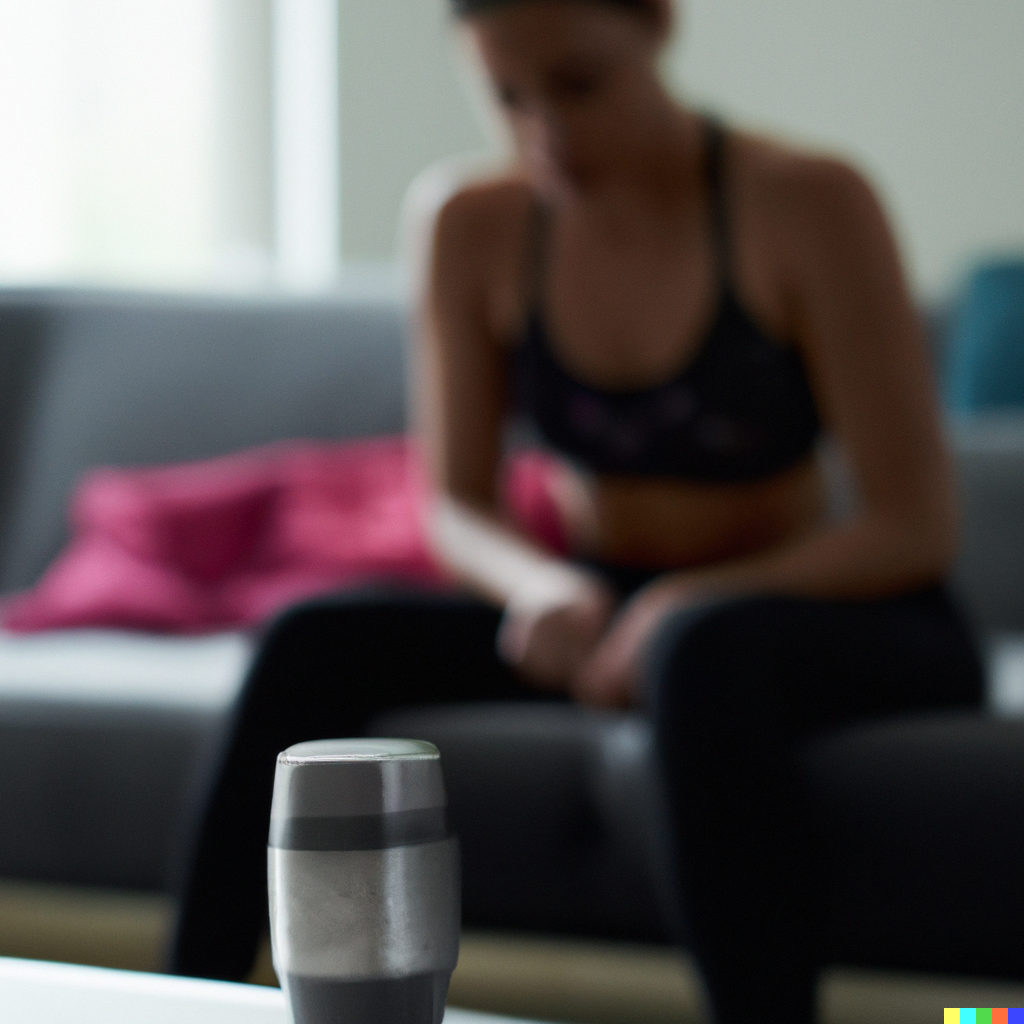
How Insufficient Sleep Undermines Your Fitness Efforts
Despite the calls of your eager spirit, sometimes your body isn’t quite as game. You might be a gym virtuoso, but without adequate sleep, even your finely tuned performance might miss a few beats. Sure, you may not go from Lebron to Leslie Knope overnight, but your workouts could see an unfortunate decline.
Insufficient sleep isn’t just the culprit behind grumpy mornings and sluggish afternoons, but it can also sabotage that investment of your time in the gym.
Don’t hit the snooze button on this info –
here’s how INSUFFICIENT sleep can mess with your workout:
1. Coordination Conjures a Case of The Dropsies
Imagine doing a salsa in a Zumba class after a rough night, and you may find yourself out of sync with the rhythm. Or perhaps, you’re trying to power through a treadmill session, only to trip over your own foot. Studies from the Journal of Sports Sciences show a link between sleep deprivation and bungled coordination. An unfortunate bout of the “dropsies” could cost you a game, or worse, result in a nasty tumble.
“Picture your brain tripping over itself, making three times as many mental errors when you’re running on fumes,” warns Dr. W. Christopher Winter, sleep savant and author of “The Sleep Solution”.
2. Snail-Paced Reaction Times
Struggling with sleep can turn you from a nimble cat to a slow-moving sloth. The quickness of your responses can be hit significantly if you’re sleep-deprived.
“Swap two hours of sleep for extra wake time, and you’ve just slashed your reaction time by a third,” points out sleep specialist Michael J. Breus, PhD. He adds, “Imagine being in a kickboxing class, and you’re just a beat too slow to block a punch. Doesn’t sound fun, does it?”
3. The (Unwanted) Gift of Injuries
This one’s a double whammy. Pair sluggish reaction times with hampered coordination, and you’ve got a recipe for injuries. But fear not, the remedy is simple: more sleep. “More shut-eye not only slashes injury risk but also helps you bounce back faster if you do get hurt,” assures Dr. Winter. The Orthopaedic Journal of Sports Medicine backs this up, showing that athletes sleeping less than eight hours per night found themselves in the injury zone more often than their well-rested counterparts.
4. Performance Plummet
Sleep deprivation doesn’t just have you tripping over your laces; it can also trip up your pursuit of personal bests. A study published in the journal Medicine & Science in Sports & Exercise showed that endurance cyclists who scrimped on sleep saw their race times increase by 3%. Meanwhile, their well-rested peers who snagged an extra hour or so of sleep actually improved their times by 3%.
5. Sluggish Recovery
Sleep doesn’t just recharge your batteries; it also acts as your body’s personal repairman. A lack of ZZZs can inhibit your immune system and slow down your healing process. Whether it’s a blister from your new running shoes or a lingering cold, hitting the hay can speed up your recovery, getting you back in the fitness saddle quicker.
6. Fatigue – The Unwanted Workout Buddy
Even if you summon the strength to haul yourself to the gym after a restless night, the sandman might still cut your workout short. A study revealed that gym-goers with inadequate sleep were more likely to shorten their workouts. The reason? Sleep deprivation cranks up your ‘perceived exertion’—basically, everything feels tougher than it should. The harder a workout feels, the quicker you’re likely to throw in the towel.
“Running on low sleep is like working out with a ten-pound weight strapped to your willpower,” says Dr. Winter.
But don’t despair, your gym sesh doesn’t have to be a total bust. A brief 45-minute power nap can be your saving grace, making your workout feel less grueling. Heck, even shorter catnaps can make a noticeable difference.
So next time you toss and turn, don’t ditch the gym altogether. Opt for a shorter, more manageable session – perhaps a 20-minute jog instead of your usual hour-and-a-half circuit. Not only will you still get a good sweat on, but you’ll also likely sleep better afterwards.

The bottom line? You don’t need to be a sleep perfectionist. But if you score less than six hours of quality sleep, take Dr. Breus’s advice and try to grab a bit more. After all, even the most disciplined fitness routine is only as good as the sleep that supports it.



